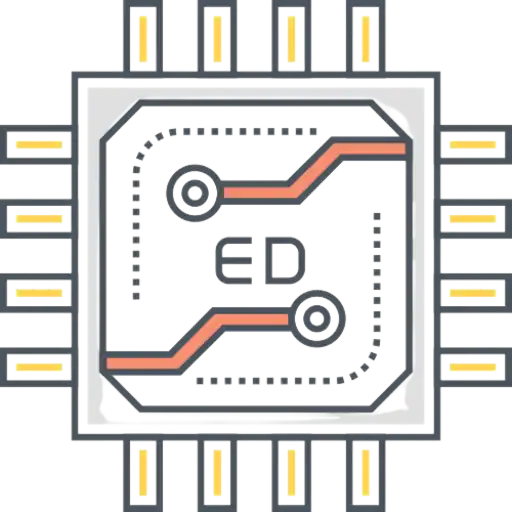1. Defining Embedded Systems
At their core, embedded systems are computing devices designed for specific tasks within larger systems. Unlike general-purpose computers, embedded systems are dedicated to performing a predefined set of functions. They can be found in an array of applications, from simple gadgets like microwave ovens to sophisticated automotive control systems.
2. Key Characteristics
1. Real-Time Operation: Many embedded systems operate in real-time, meaning they must respond to inputs or stimuli within a specified timeframe. This characteristic is crucial for applications like anti-lock braking systems in cars or medical monitoring devices.
2. Specific Functionality: Embedded systems are tailored for specific tasks. This specialization allows for optimization of both hardware and software components, making them efficient and cost-effective.
3. Resource Constraints: Due to their often compact form, embedded systems typically have limited resources, including memory, processing power, and storage. Designers must carefully manage these constraints to ensure optimal performance.
3. Applications in Everyday Life
Embedded systems are omnipresent, contributing to the functionality of various devices we use daily:
1. Home Appliances: From washing machines to smart thermostats, embedded systems enhance the capabilities and efficiency of household appliances.
2. Consumer Electronics: Smartphones, digital cameras, and smart TVs all rely on embedded systems to deliver their features and functionality.
3. Automotive Industry: Modern cars are equipped with numerous embedded systems for engine control, safety features, navigation, and entertainment.
4. Industrial Automation: Manufacturing processes leverage embedded systems for precise control, monitoring, and automation, improving efficiency and accuracy.
4. Development Challenges
Creating embedded systems presents unique challenges for developers:
1. Real-Time Considerations: Meeting real-time requirements demands careful consideration of system architecture, hardware selection, and software design.
2. Power Efficiency: Many embedded systems operate on battery power or have strict energy constraints, requiring developers to prioritize power efficiency in their designs.
3. Security: As embedded systems become more interconnected, addressing security concerns is paramount to protect against potential vulnerabilities.
5. The Future of Embedded Systems
With the rise of the Internet of Things (IoT), embedded systems are poised to become even more integral to our connected world. From smart homes to industrial automation, the demand for specialized and efficient embedded solutions will continue to grow.
In conclusion, embedded systems are the unsung heroes powering our modern world. Their silent presence in various devices ensures efficiency, reliability, and functionality, contributing to the seamless integration of technology into our daily lives.

